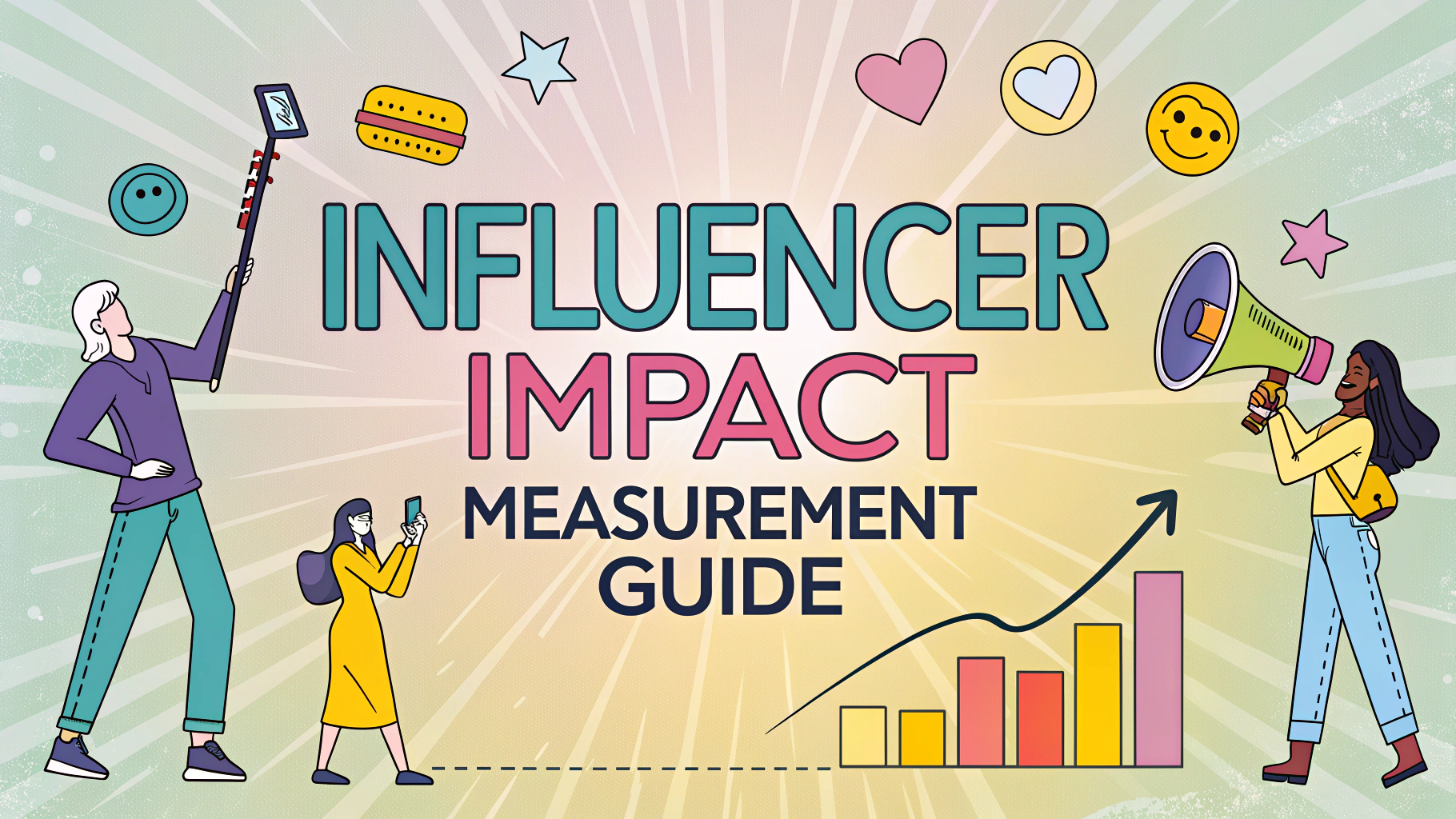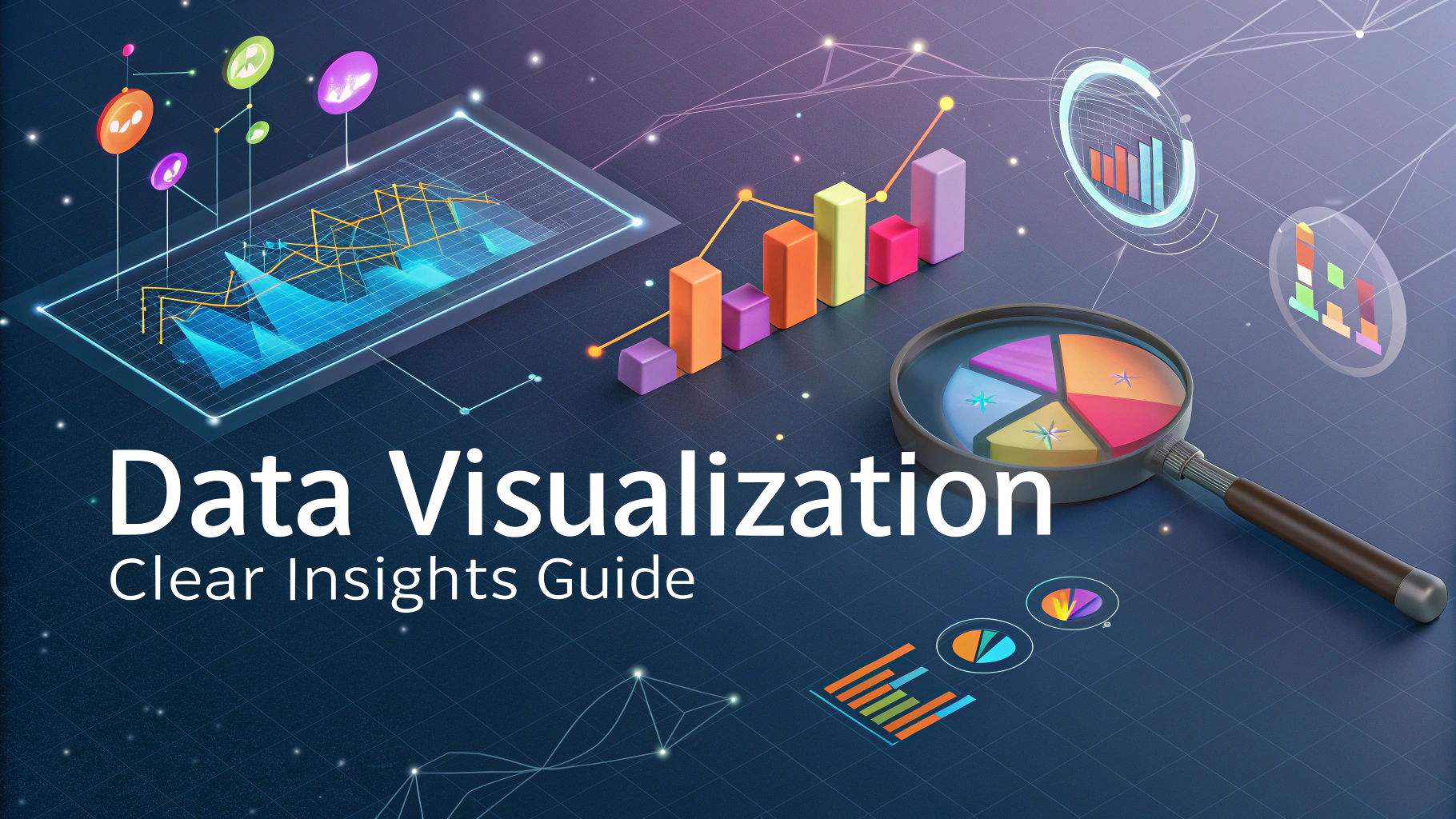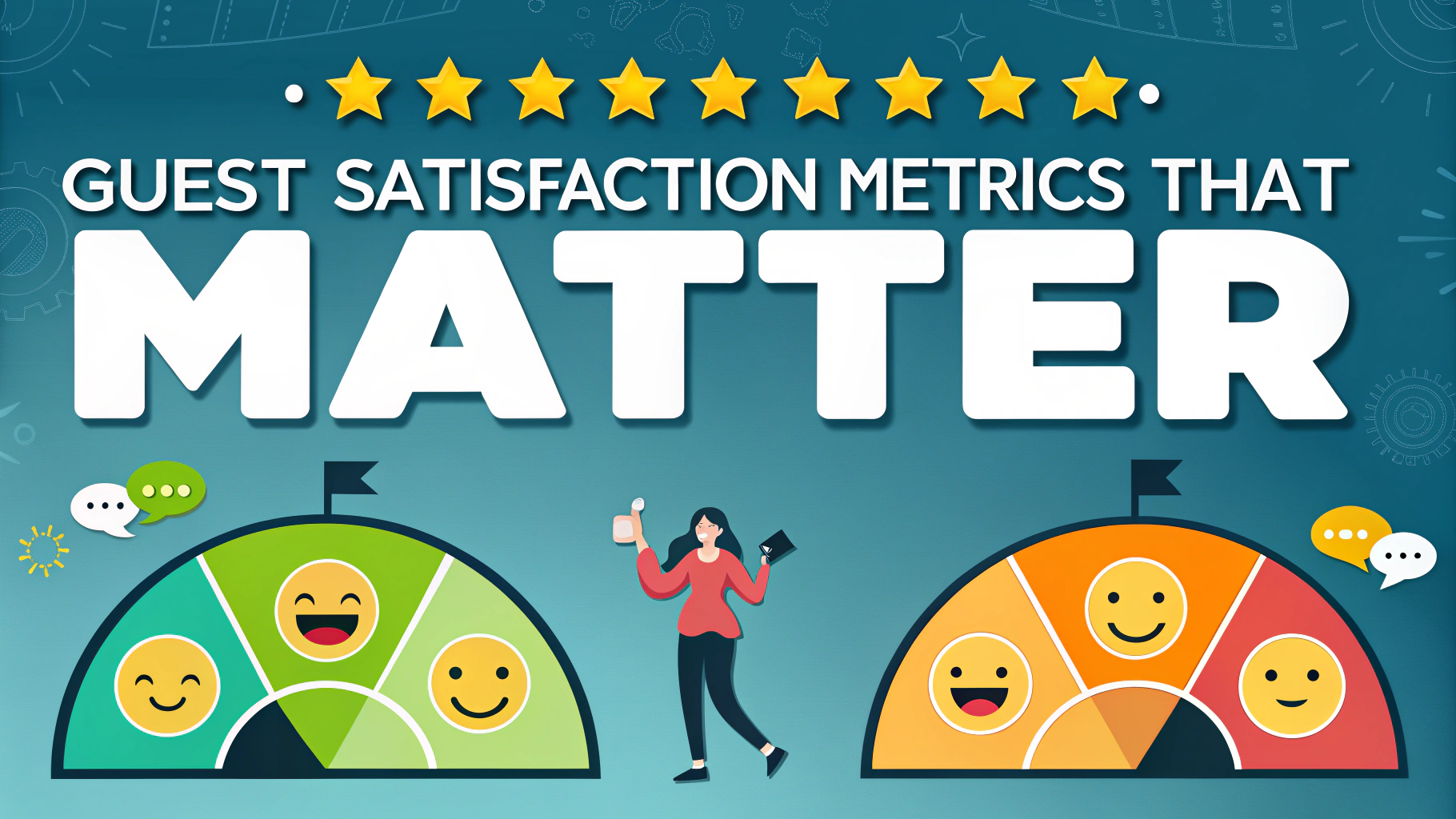Understanding your competitors’ pricing strategies is essential for maintaining a competitive edge in the hotel industry.
A well-executed pricing analysis helps you identify market opportunities and optimize your revenue management approach.
This guide outlines practical methods to analyze competitor pricing and implement data-driven strategies for your hotel.
Getting Started with Competitor Price Analysis
Select 5-7 direct competitors based on location, star rating, and target market segment.
- Similar-sized properties within your geographic area
- Hotels with comparable amenities and service levels
- Properties targeting the same customer demographics
- Hotels with similar review ratings and reputation scores
Tools for Price Monitoring
Use these reliable tools to track competitor rates:
- Rate Shopping Tools:
- RateGain
- OTA Insight
- RateIntelligence
- Channel Managers:
- SiteMinder
- DHISCO
- Cloudbeds
Key Metrics to Track
| Metric | Why Track It |
|---|---|
| Base Room Rates | Foundation for pricing strategy |
| Package Prices | Understand value-added offerings |
| Seasonal Adjustments | Track market demand patterns |
| Special Event Pricing | Monitor high-demand period strategies |
Price Analysis Schedule
Create a structured monitoring schedule:
- Daily: Check rates for next 7 days
- Weekly: Review next 30 days
- Monthly: Analyze 3-6 months ahead
- Quarterly: Examine annual trends and patterns
Taking Action on Your Findings
Transform data into actionable strategies:
- Adjust base rates based on competitive positioning
- Create targeted packages to fill demand gaps
- Implement dynamic pricing for high-demand periods
- Develop unique selling propositions where competitors are weak
Advanced Analysis Techniques
Look beyond basic rate comparisons:
- Market Segment Analysis
- Corporate rates
- Group pricing
- Leisure packages
- Distribution Channel Review
- OTA pricing
- Direct booking rates
- Wholesale agreements
Making Strategic Price Decisions
Balance these factors when setting rates:
- Your operating costs
- Market position
- Competitive rates
- Demand forecasts
- Revenue goals
Maximizing Your Competitive Edge
Success in hotel pricing requires continuous monitoring, analysis, and adjustment of your strategies.
Contact industry pricing tool providers for demos and trials to find the best fit for your property.
Remember that pricing analysis is an ongoing process that requires regular updates and refinements to stay competitive.
Measuring Price Analysis Success
Track these KPIs to evaluate your pricing strategy effectiveness:
- RevPAR (Revenue Per Available Room)
- Average Daily Rate (ADR)
- Market penetration index
- Booking pace compared to competitors
- Revenue variance to forecast
Technology Integration
Connect Your Systems
Ensure seamless data flow between:
- Property Management System (PMS)
- Revenue Management System (RMS)
- Channel Manager
- Booking Engine
Team Collaboration
Establish clear communication channels between:
- Revenue Management
- Sales and Marketing
- Front Office
- Reservations
Building Long-Term Price Resilience
Focus on these sustainable pricing practices:
- Develop flexible rate structures
- Build strong direct booking channels
- Create value-added packages
- Maintain price parity across channels
- Invest in customer relationship management
Mastering Market Leadership Through Strategic Pricing
Effective competitor price analysis drives strategic decision-making and market positioning. Stay committed to regular monitoring, embrace technology solutions, and maintain flexibility in your approach to achieve sustainable revenue growth.
Regular review and adjustment of your competitive pricing strategy ensures long-term success in the dynamic hospitality marketplace.
Implement these strategies systematically and measure results consistently to maintain your competitive advantage in the market.
FAQs
- What factors should I consider when analyzing competitor hotel pricing?
Room types, location, amenities, seasonality, special events, guest reviews, star rating, and market segment positioning are key factors to analyze. - How often should I update my competitive pricing analysis?
Daily monitoring for immediate competitors, weekly for broader market analysis, and comprehensive reviews monthly or during major market changes. - Which tools are most effective for hotel pricing analysis?
Rate shopping tools like RateGain, OTA Insight, and STR Reports, along with revenue management systems like IDeaS and Duetto. - How do I identify my true competitive set?
Evaluate hotels with similar ADR, location, star rating, amenities, room count, and target market within your geographical area. - What is rate parity and why is it important in competitive analysis?
Rate parity ensures consistent pricing across all distribution channels, affecting guest trust and OTA relationships. - How do I account for seasonal variations in competitive pricing?
Track historical data, local events, weather patterns, and booking patterns to adjust pricing strategies seasonally. - What role do OTAs play in competitive price analysis?
OTAs provide real-time market data, competitor rates, and demand indicators while influencing pricing strategies through visibility and ranking algorithms. - How can I measure the effectiveness of my competitive pricing strategy?
Monitor RevPAR, ADR, occupancy rates, market share, and RevPAR Index compared to your competitive set. - What are the key performance indicators (KPIs) for hotel pricing analysis?
RevPAR, ADR, occupancy rate, market penetration index, GOPPAR, and rate positioning index. - How do guest reviews and ratings impact competitive pricing?
Higher ratings typically justify premium pricing, while lower ratings may require competitive discounting to maintain occupancy.







